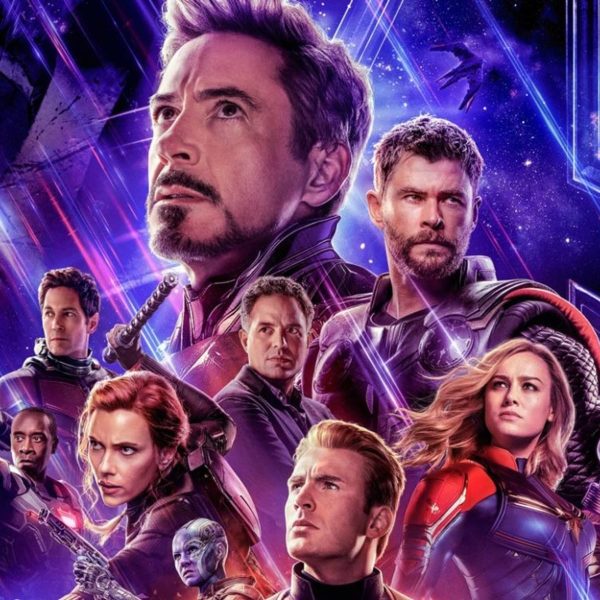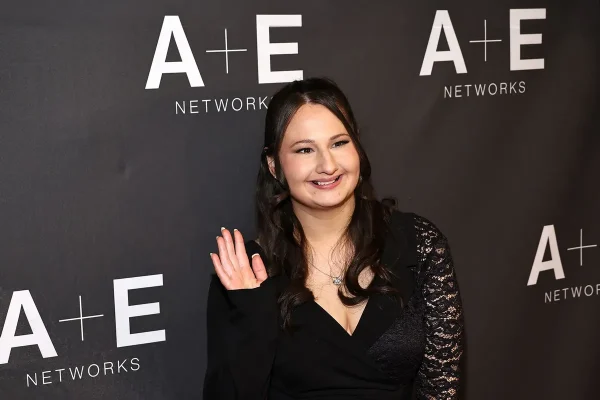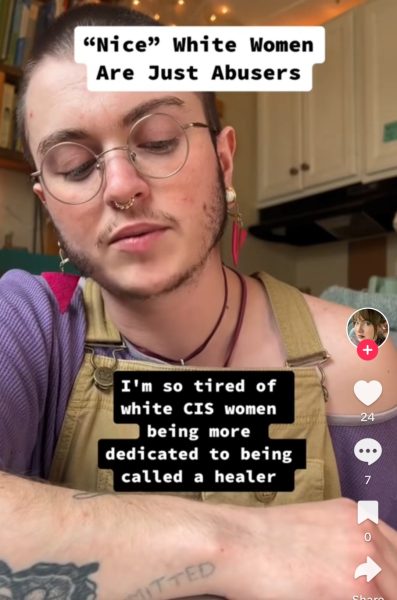Extreme vegans are slowly killing their own cause
A few weeks ago, I queued up a Youtube video from two of my favorite creators in preparation for a captivating watch. When the video began, they jumped right into a commentary on a certain TikToker who goes by the name ThatVeganTeacher.
If you have not heard of her content, ThatVeganTeacher makes videos primarily about veganism. She produces her own little songs to perform in front of fast-food restaurants to stop them from serving meat and a plethora of other vegan media. For some background, I have been vegetarian for about two months now, and I plan to go vegan sometime soon. So there I was, watching a video from two creators I respect, making fun of someone who appears to have similar beliefs to my own.
Trying to keep an open mind, I kept watching, and I soon realized that I had completely missed the point. ThatVeganTeacher is not so much flawed for her opinions or beliefs but for the way she personifies the gatekeeping and privilege that encircles the vegan community.
Upon becoming vegetarian, I faced a lot of stigma and toxicity. I always had vegan creators popping up on my TikTok and preaching this message that one had to go big or go home. Due to the diet’s environmental and social nature, many of those who take it on feel some sort of superiority for doing so. In an opinion piece on veganism for The Daily Aztec, staff writer Kayla Henrikson put this ideal perfectly in saying, “The community acts so holy and righteous, they commit their entire lives to this diet and act above any minor mistakes.”
That last part is the most crucial. Mistakes. Changing what one eats and learning to navigate a new diet are two of the most challenging adjustments a person can make. When I stopped eating meat, I quickly realized that I could not get enough protein and had to invest time in fixing this. It was something that I could do coming from an upper-middle-class household where money is never really a problem. However, as is the case with this argument, lower socio-economic veganism is nearly impossible.
Yes, many cheap foods also happen to be vegan. A thirty-two-ounce bag of white rice from Meijer only costs $1.99. The issue lies in those easy-to-cook necessities that contain animal by-products. For example, if someone goes to Meijer and buys four burgers, a dozen eggs, and half a gallon of milk, that would cost them $6.87. Same-store, same basics, but veganize everything, and the cart would now cost $18.96, around a 176% increase.
So how do people like ThatVeganTeacher become so blind to these truths? The answer is passion.
People like her become so hung up on the idea of their supremacy that they forget their advantages at the door; in part, they are right about the environmental impact. The meat and dairy industries do much greater harm than good, and animal cruelty has become a hot topic since Elle Woods singlehandedly solved it in Legally Blonde 2: Red, White, and Blonde. These things act as reasons for my vegetarianism but should not serve as excuses for nastiness towards others, especially within a cause devoted to anti-cruelty and mindfulness.
If you are vegan or vegetarian, you are not necessarily a part of this issue. The first step comes in recognizing the privilege you hold in being so.

Jessie Warren is a senior, and this will be her second and final year as a staff member of The Central Trend. Ever eager to write, she finds a sort of...


























































































